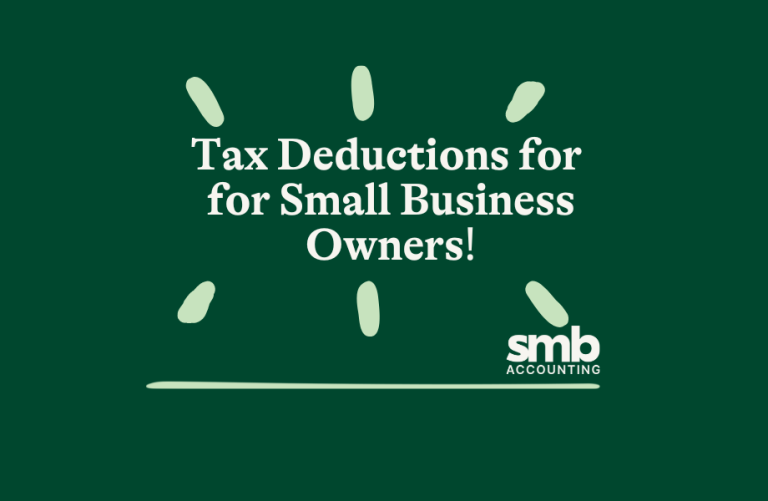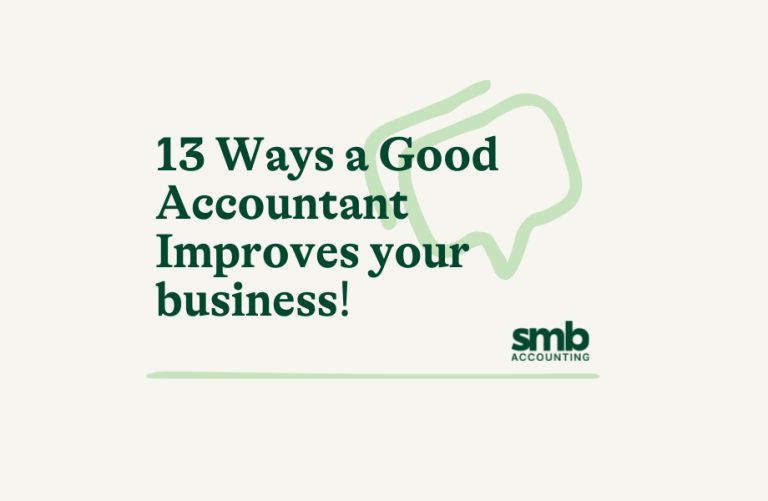The advantage of owning your own business is that it ensures your progression to financial independence. Instead of relying on an employer to handle your benefits and retirement plans, you have more freedom in directing how your career will go. However, this level of liberty doesn’t come without a cost.
Owning your own business requires you to perform, among other things, rigorous tax regulations. It’s an entrepreneur’s responsibility to fulfil their own tax obligations. Otherwise, they can face hefty penalties that drastically reduce monthly profit margins.
Knowing Your Obligations to the Australian Taxation Office (ATO)
As an employee, you didn’t have to worry too much about income taxes and how they affected your financial stability. This is because your employer handles all the paperwork in line with their organisational structure. Now that you are your own boss, you should have a good grasp of these tax obligations to ensure hassle-free business operations. This keeps your business free from penalties because of missed or incorrect dues.
While balancing your finances, here are three business taxes you should remember to file:
Corporate Tax
The most basic tax form you need to master is filing for corporate tax. It’s essentially a percentage you pay to the ATO for your company’s profits. Businesses that earn less than $10 million yearly must pay a 28.5% corporate tax, while businesses going beyond this margin must pay 30% of their annual profit.
Payroll Tax
After overseeing your business’s yearly profit, you also need to account for your employee’s wages. The payroll tax you’re obligated to submit depends on the state government’s guidelines. This will depend on the territory that your employees are situated in. Since payroll tax thresholds will vary with every state, you may need to change your payment practices. You can do this by segmenting the payroll terms of your employees based on their location.
Remember that you also need to account for Pay as you go (PAYG) withholding that comes with collecting income tax payments from your employees. This means you must account for the cut percentages of these values while giving the appropriate salary value to your employees. Since these figures and categories may be confusing, it’s best to use a ledger for all the computations and percentages.
Goods and Services Tax (GST)
Australia’s GST is set at 10% of the price of your goods and services. It’s an obligation you have to pay to the ATO if you fall under specific qualifications. You’ll need to file a GST if your annual business income reaches beyond $75,000 or more per year, or if you include taxi travel for your operations, or you want to avail of fuel tax credits. You can pay for these dues monthly, quarterly or annually.
Conclusion
Keep in mind that you will need to confirm if these tax obligations apply to your business. You will have your hands full worrying about operations and these tax filing duties. Filling up these figures and forms can be overwhelming, especially if you’re also busy running your company. Thankfully, you can outsource your accounting needs to capable firms with the experience and versatility of handling different enterprises. Having a reliable accounting firm to work with will lessen your burden as a business owner and speed up your timeline for scaling your company!
If you want to partner with a reliable accounting firm on the Sunshine Coast, our team at SMB Accounting can help. Our professional accountants perform different forms of tax services to ensure accurate and balanced ledgers for your operation. Contact us today at 1300-854-159 to avail of our subscription packages.




